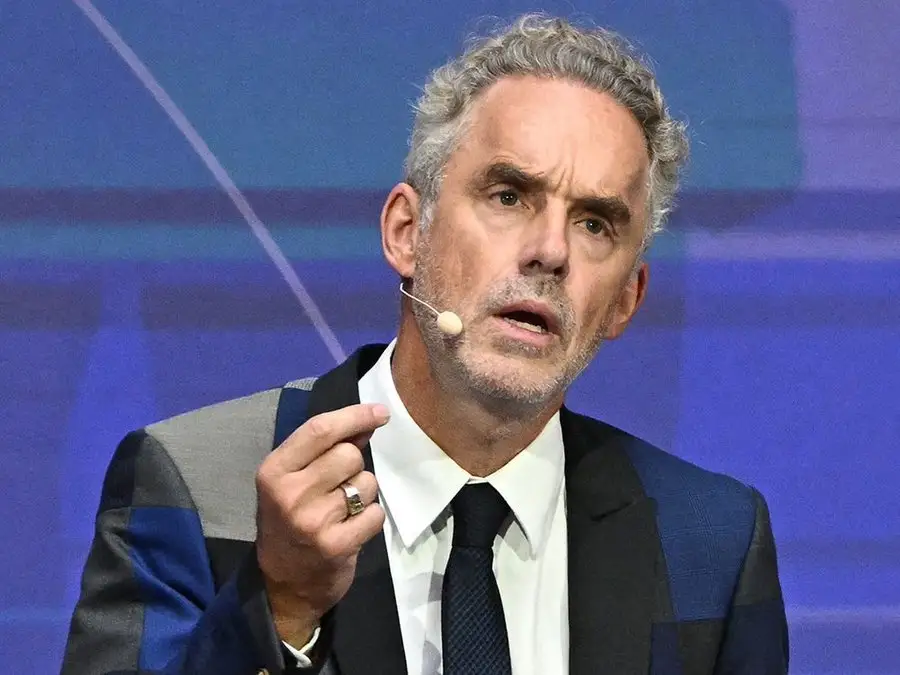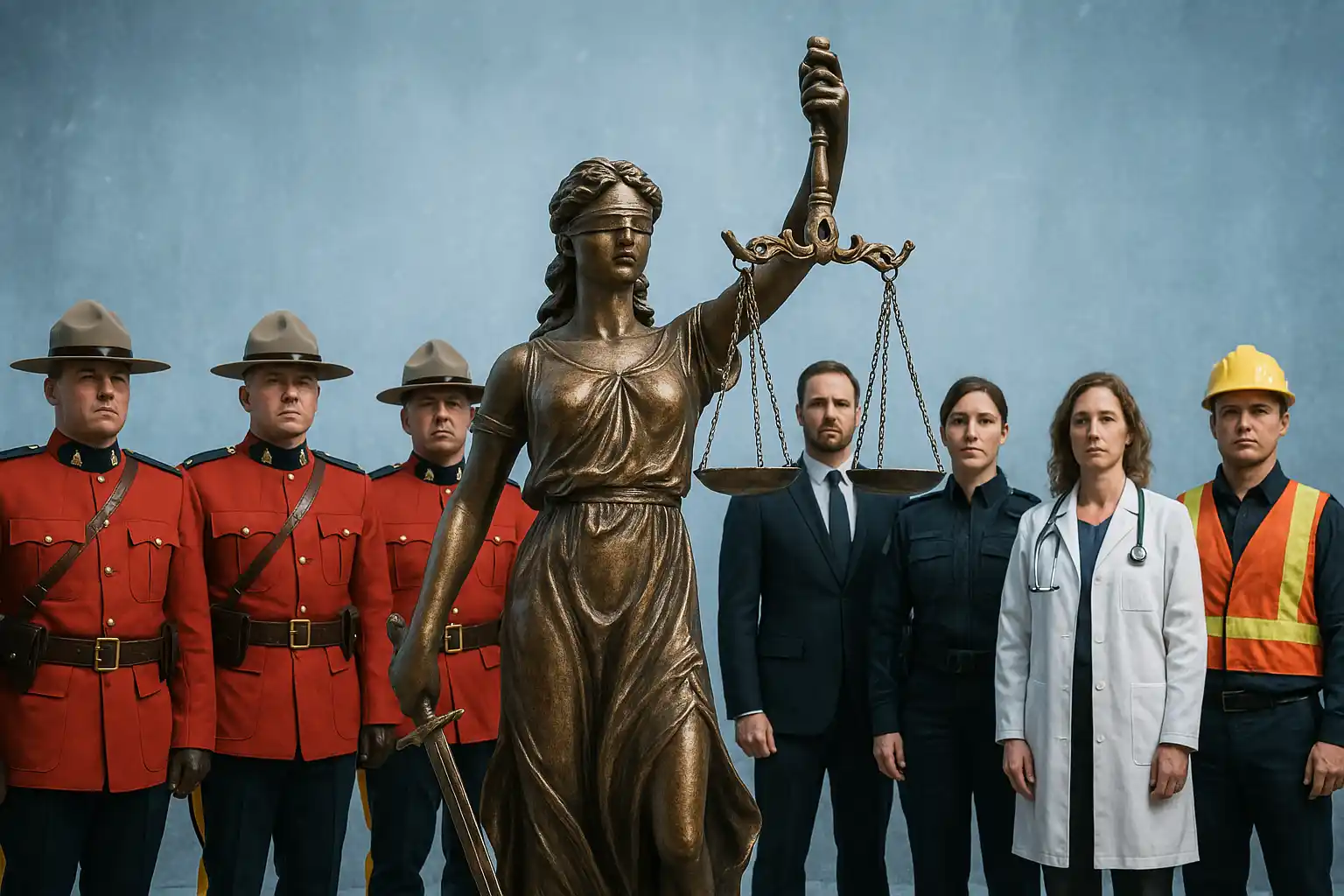The conclusion of British Columbia’s “public health emergency” serves as a critical reminder of the necessity for law enforcement, particularly the RCMP, to maintain operational independence and integrity. The “RCMP Act“ ensures that their professional duties are executed without political interference, which is fundamental to upholding public trust and safeguarding civil liberties. This legal framework guides the RCMP’s actions, promoting professionalism and reinforcing the rule of law in Canada.
Similarly, it is essential to “protect the distinct acts that govern self-regulating professional societies“. These acts “prevent the erosion of unique authorities and ensure that these societies are not consolidated under a single government administrator”. All “designated professionals” in Canada, not just those in the medical field, must maintain their authority, and their “distinct and unique Acts” should be respected by all members of society.
Professional societies across various fields play a critical role in developing the essential skills needed for the economy and safeguarding the authority of professionals and professional practice regulation. They are the true guardians of public safety, protecting the rights and well-being of citizens, the nation, and the foundational structures of our civilization.
The situation in Canada is dire;some professional societies are struggling with as few as 2 to 4 volunteers working to keep the professions alive. This is happening despite billions of dollars being allocated to other educational endeavours that do not contribute to the fundamental professional development of professionals in Canada. This disparity must be addressed to ensure a balanced recognition of all professional fields, which is crucial for a healthy and diverse professional community. Recognizing and valuing each profession’s unique contributions is vital, particularly during times of war, poverty, or other societal stressors.
Title: “The Great Filter Ahead: Engineering a Pathway to Complex Civilizational Survival and Overcoming Cosmic Hurdles” https://skillsgaptrainer.com/the-great-filter-ahead-engineering-a-pathway/
Providing professional groups with solid legislative guarantees regarding their professional codes of conduct and their rights within society and their practice is essential. This includes “enhancing their ability to challenge corporate or government actors in court who fail to safeguard public welfare and the public interest.” Ensuring this balance protects the rights and responsibilities of citizens, “safeguards against further loss to the authority of the citizens”, and “prevents the concentration of power within a centralized government structure.”
A balanced recognition of all professional fields is essential for a thriving society. This approach ensures that no single profession, such as medical practitioners, becomes the sole recognized and accepted professional group. Which would be reminiscent of the WW2 situation. By “respecting the distinct acts and unique contributions of all professional societies”, Canada can “maintain a diverse and robust set of self governing professional communities”. Legislative guarantees and legal protections are crucial in preserving this balance and upholding the rights and responsibilities of all citizens.
Theory: The Impact of Legislative Consolidation on Professional Distinctiveness
The theory posits that legislative consolidation of distinct professional classes into a unified regulatory framework can lead to the erosion of unique professional identities and attributes. This theory explores the implications of such consolidation, arguing that while it may aim to simplify governance and create uniform standards, it often results in the loss of critical elements that define each profession.
From a legislative perspective, the drive for simplification can necessitate the removal of specialized regulations and practices that are tailored to specific professions. This process, intended to find commonality across diverse fields, inherently sacrifices the nuanced attributes that differentiate one profession from another. The theory suggests that this homogenization can lead to several negative outcomes:
-
Loss of Specialized Expertise: As unique professional standards are replaced by a generalized framework, the specialized expertise that professionals develop within their specific fields may be undervalued or ignored. This can lead to a dilution of professional quality and the erosion of trust in the professions.
-
Reduced Professional Autonomy: Consolidation can also reduce the autonomy of individual professional groups, as they are required to conform to a broader, one-size-fits-all set of rules and regulations. This can stifle innovation and adaptability within each profession, as the unique needs and challenges of different fields are overlooked.
-
Weakening of Professional Identity: The distinct cultural and ethical codes that shape professional identities can be weakened when professions are grouped under a single regulatory umbrella. This can lead to a loss of professional cohesion and pride, as the unique values and traditions of each profession are diminished.
-
Impact on Public Trust and Service Quality: The theory posits that the public’s trust in professional services may decline if the distinctive characteristics that ensure high standards and specialized care are eroded. This can have broad implications for the quality of services provided to the public, as the unique strengths of each profession are no longer fully utilized.
In conclusion, the theory highlights the need for legislative frameworks to recognize and preserve the distinct attributes of each professional group. By maintaining separate and specialized regulations, legislatures can support the growth and development of each profession, ensuring that their unique contributions continue to benefit society as a whole.

@SkillsGapTrain Why would you assume we’re advocating for a post-1917 Russian system? That’s quite a leap.
What we’re discussing is simply a public awareness of changes to the governance of professionals from 2015 to 2024, that are quite a large re-design of the professional governance system. The design of professional governance system requires creation of a long piece of legislation, not a tweet. Knowing what legislation has disappeared, and what legislation is now in place, the idea that the public can compare them side by side, is probably a good idea.
Doesn’t sound like communism to be aware of how the second version of legislation is different than the first. The more interesting question is, why wouldn’t it be a good idea for say “surgeons”, not “workers”, to contribute to their own leadership structures of their community, such as knowing which one of them is bad. Sounds like surgeons might know a lot more about this, then a lawyer from the government.
Related Content:
Title:“Toward a Canada That Respects and Upholds Its Professionals” https://skillsgaptrainer.com/toward-a-canada-that-respects-professionals/
Title: “Ideological Subversion and the Demoralization of RCMP Officers” https://x.com/SkillsGapTrain/status/1812965996048658902

To see our Donate Page, click https://skillsgaptrainer.com/donate
To see our YouTube Channel, click https://www.youtube.com/@skillsgaptrainer